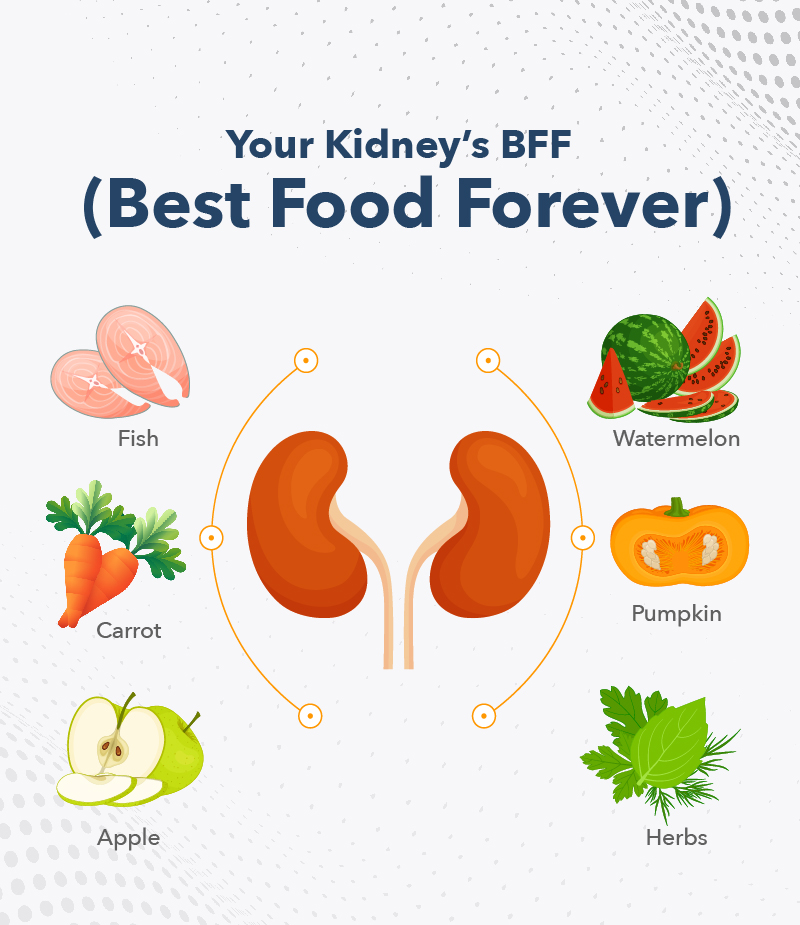Kidney stones are a common and painful condition that can affect anyone, causing discomfort, urinary problems, and even complications if left untreated. While some individuals are more prone to developing kidney stones due to genetic factors or underlying medical conditions, there are strategies that can help prevent the formation of these painful crystals.
By understanding the risk factors and adopting healthy habits, it is possible to reduce the likelihood of kidney stone formation and promote better kidney health.
Stay Hydrated:
One of the most effective ways to prevent kidney stones is to stay well-hydrated. Adequate fluid intake helps dilute the substances in the urine that can lead to stone formation, making it less likely for crystals to come together and form stones. Water is the best choice for hydration, as sugary drinks and sodas can contribute to stone formation. Aim to drink at least 8-10 cups of water per day, and more if you live in a hot climate or are physically active.
Follow a Balanced Diet:
Diet plays a crucial role in kidney stone prevention. Certain foods can either promote or reduce the risk of kidney stone formation. Limiting foods high in oxalates, such as spinach, rhubarb, and nuts, can help prevent calcium oxalate stones. Maintaining a diet rich in fruits, vegetables, whole grains, and lean proteins can lower the risk of stone formation. Additionally, reducing sodium intake and moderating the consumption of animal proteins can be beneficial for kidney health.
Monitor Calcium Intake:
Contrary to popular belief, reducing calcium intake is not recommended for preventing kidney stones. In fact, getting an adequate amount of dietary calcium can help bind oxalates in the intestines, reducing their absorption and lowering the risk of calcium oxalate stone formation. It's important to get calcium from food sources like dairy products, leafy greens, and fortified
foods rather than supplements, as excessive calcium supplementation can increase the risk of kidney stones.
Manage Underlying Health Conditions:
Certain medical conditions, such as hyperparathyroidism, gout, or urinary tract infections, can increase the risk of kidney stone formation. Working with your healthcare provider to manage these conditions effectively can help reduce the likelihood of developing kidney stones. It's essential to follow your treatment plan, take prescribed medications, and attend regular check-ups to monitor your health status.
Maintain a Healthy Weight and Active Lifestyle:
Obesity and sedentary lifestyles are risk factors for kidney stone formation. Maintaining a healthy weight through a balanced diet and regular physical activity can help prevent kidney stones. Exercise not only promotes overall health but also reduces the risk of conditions like obesity, diabetes, and high blood pressure, which are linked to kidney stone formation.
Conclusion:
While kidney stones can be a painful and recurrent condition, they are often preventable through lifestyle modifications and dietary changes. By staying hydrated, following a balanced diet, monitoring calcium intake, managing underlying health conditions, and maintaining a healthy weight, individuals can reduce their risk of kidney stone formation and promote better kidney health. It's essential to consult with a healthcare provider or a urologist for personalized advice and recommendations tailored to your specific needs.





Comments